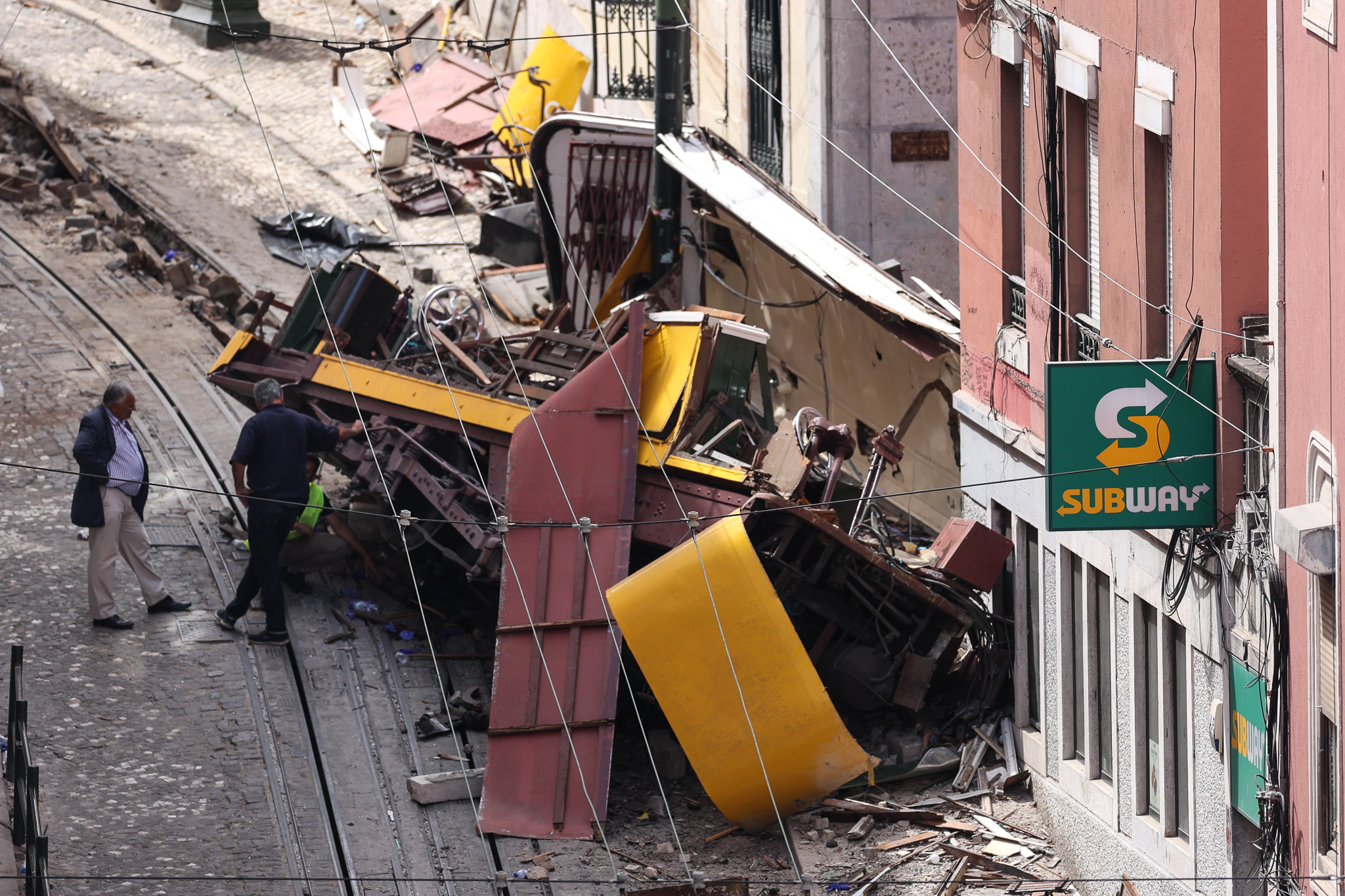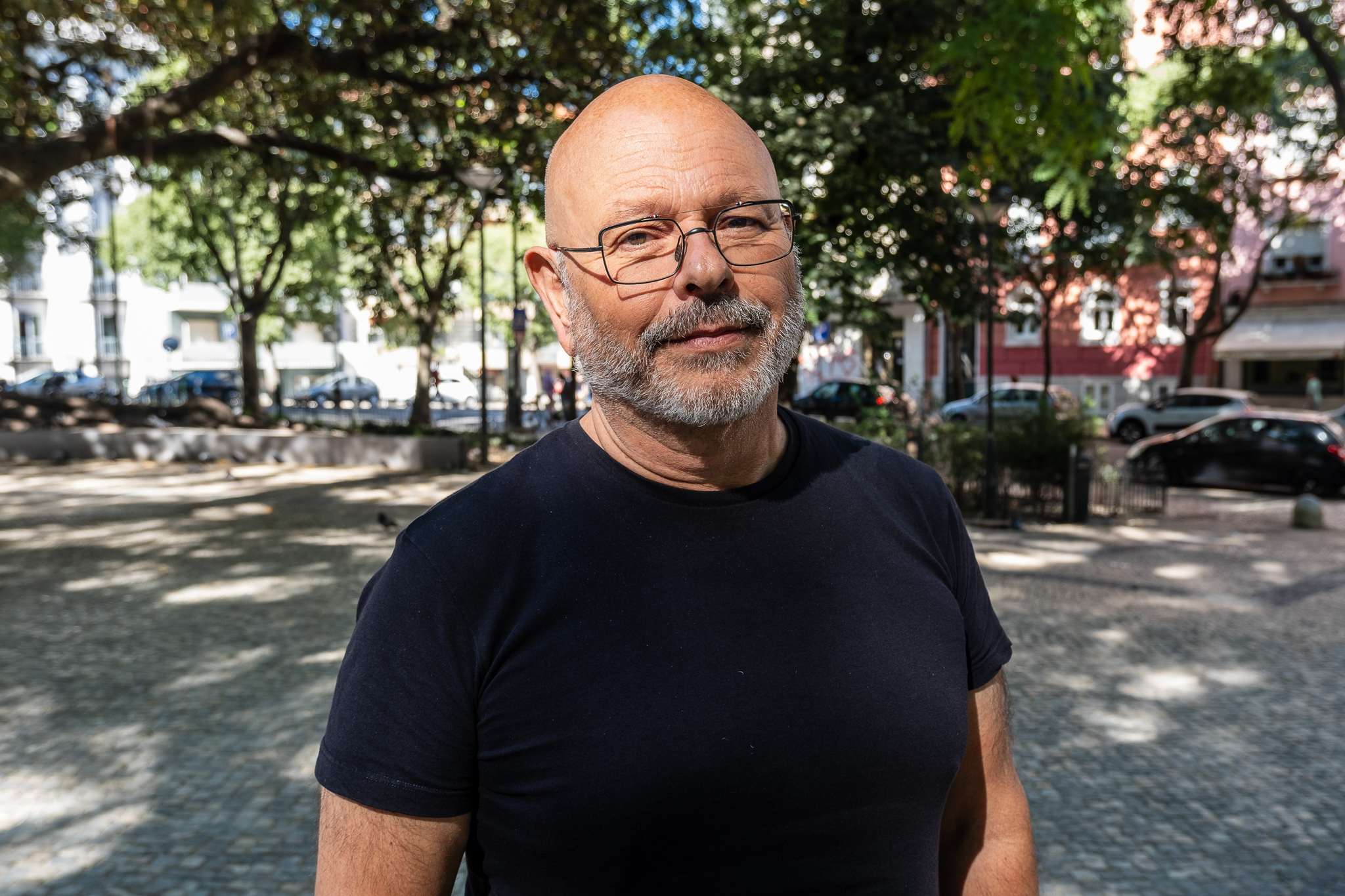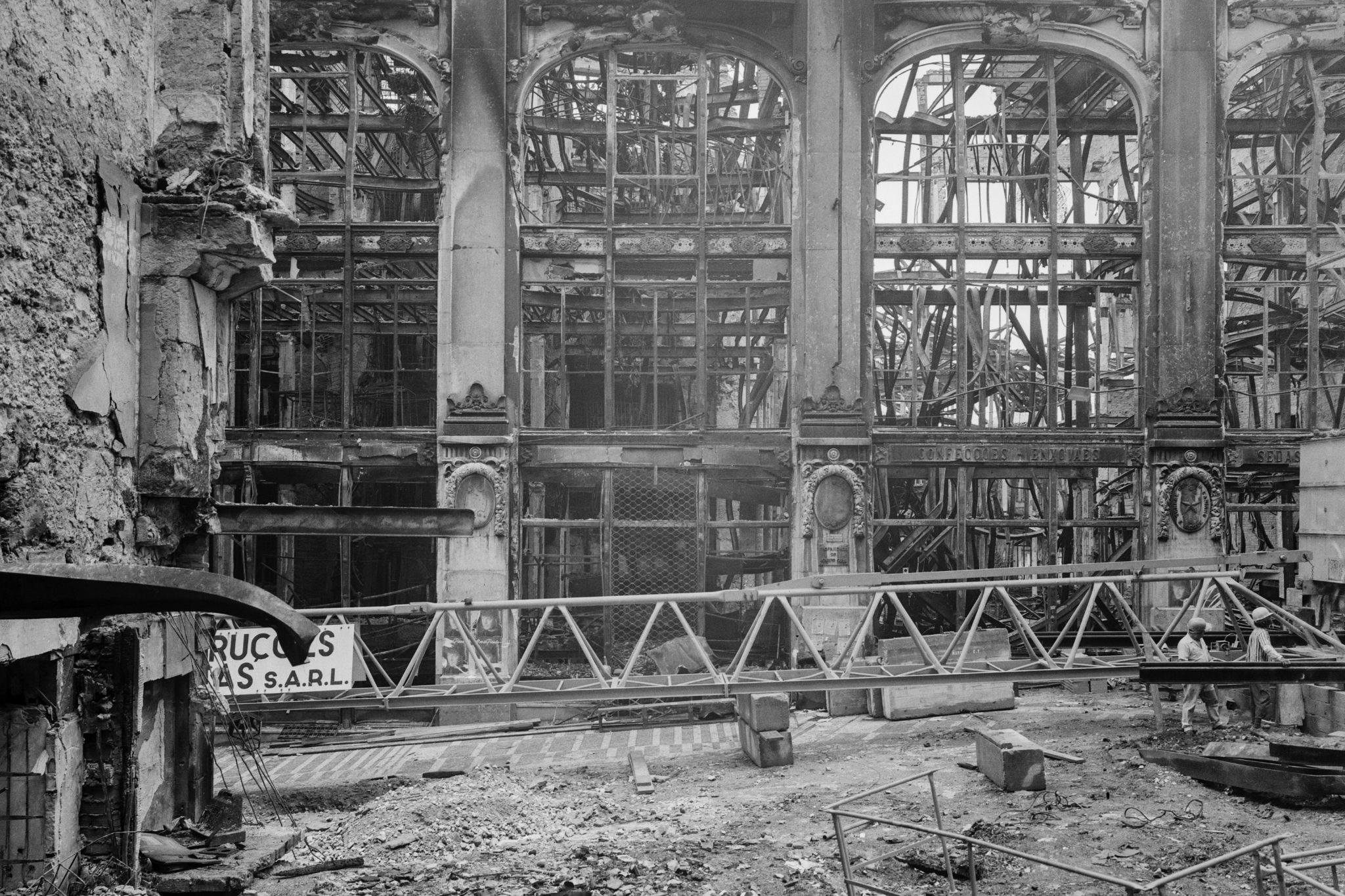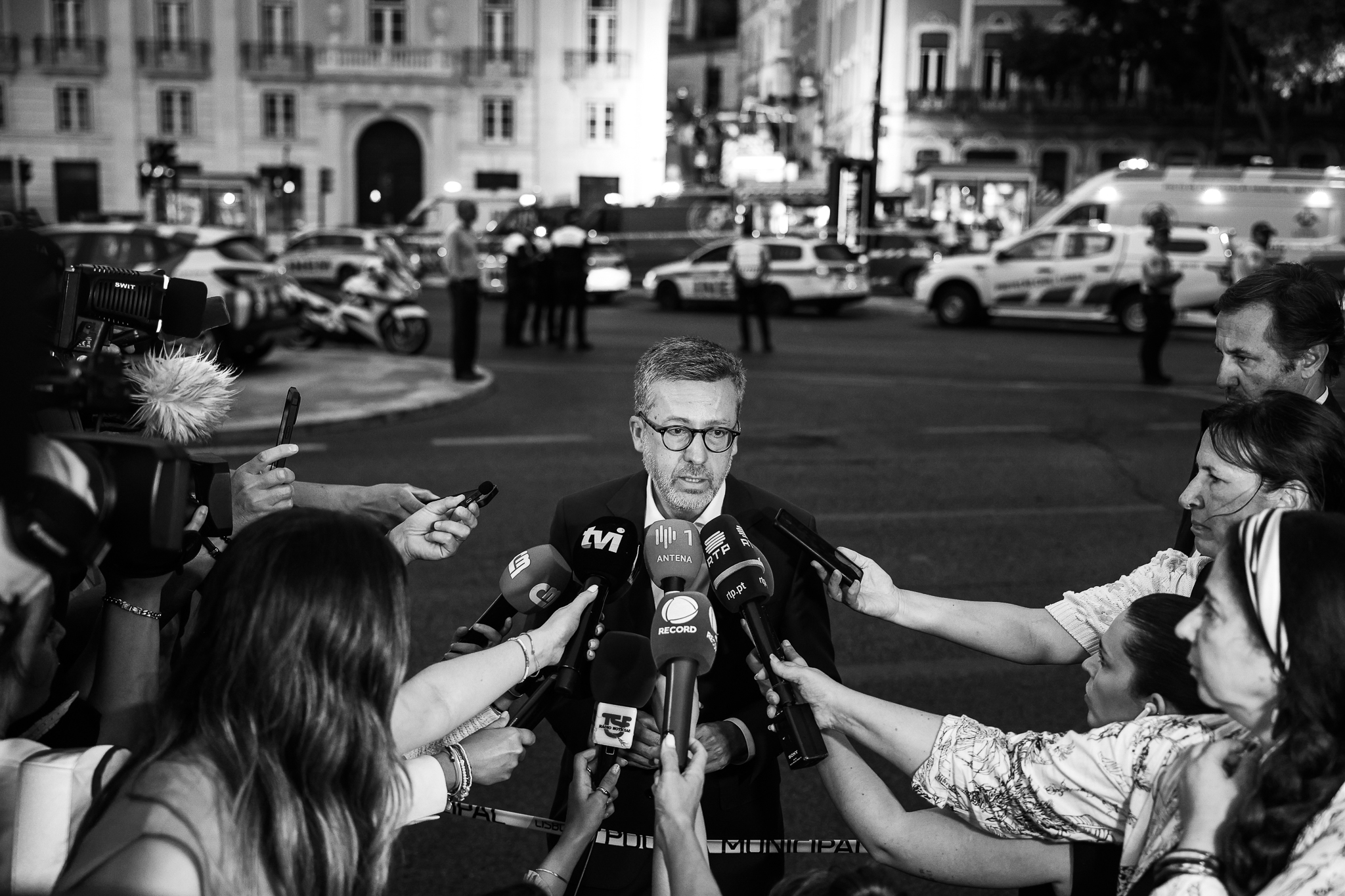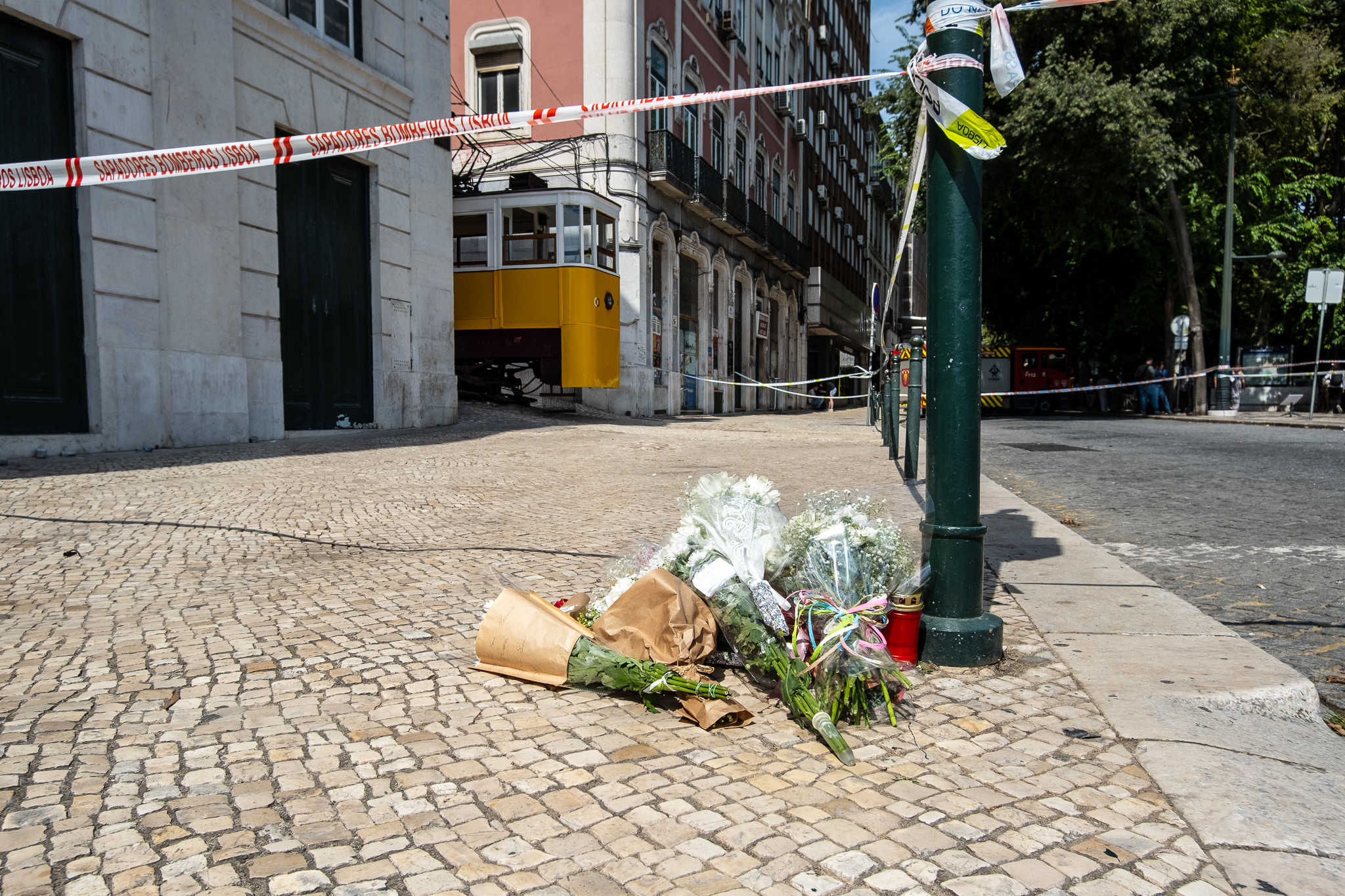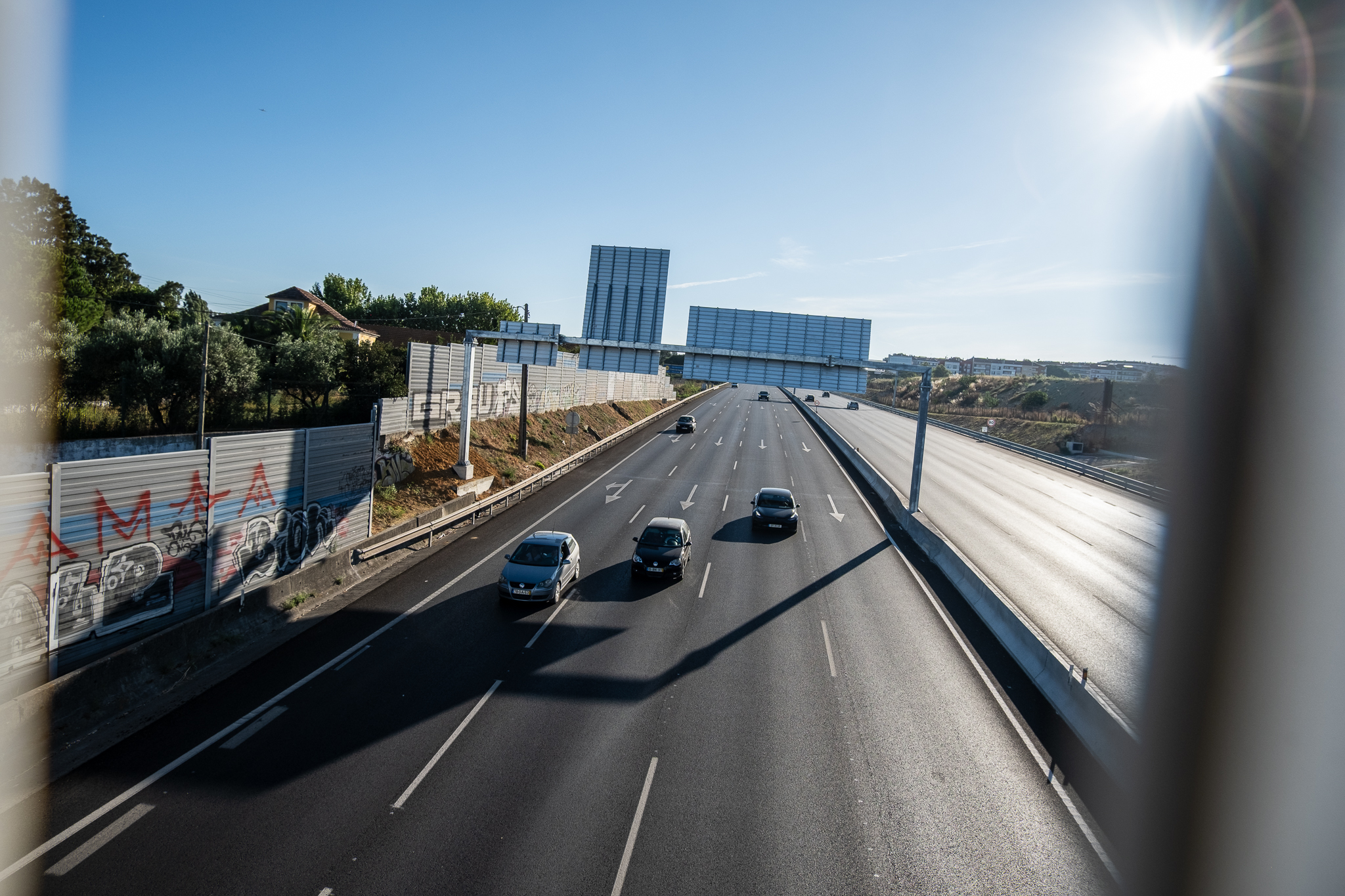While the Lisbon Metro and TTSL remain under the Ministry of the Environment, CP remains under the Ministry of Infrastructure.
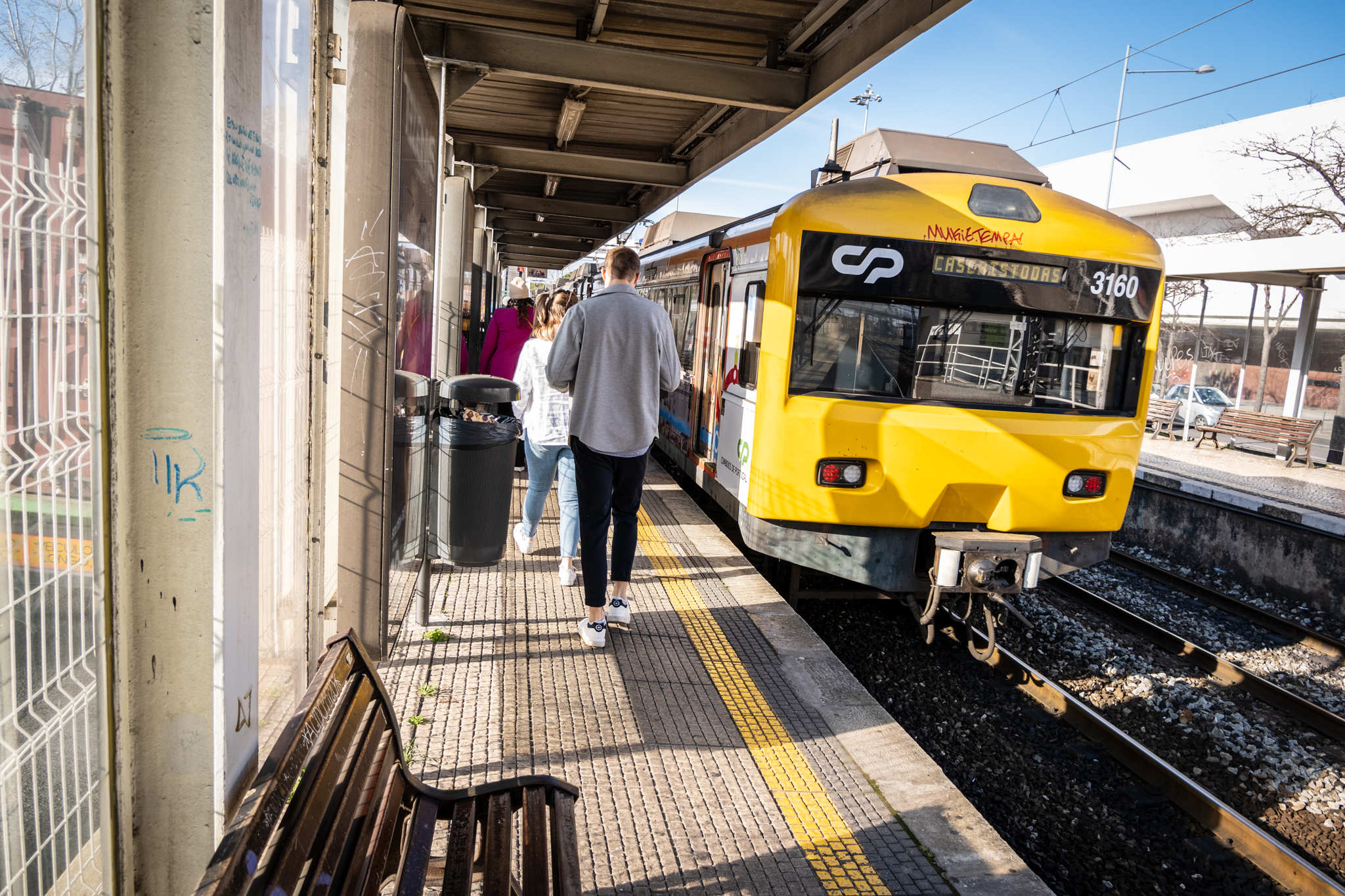
In the last few days, the elected Prime Minister, António Costa, presented the organic structure of the next Government and the list of Ministers and Secretaries of State that will comprise it. It will be a smaller 20% executive, with more women in ministerial positions, but there is another novelty: a new Secretary of State for Urban Mobility, within the Ministry of Environment and Climate Action and delivered to Jorge Delgado.
Secretary of State for Infrastructure in Costa's government since 2019, Jorge Moreno Delgado remains in executive functions but in another Ministry. He will move from Infrastructure to Environment and take on the new Secretary of State for Urban Mobility. Born in Viana do Castelo, Jorge Delgado has a degree, a master's and a doctorate in Civil Engineering from the Faculty of Engineering, University of Porto. He was a professor at the Polytechnic Institute of Viana do Castelo, worked for STCP (Porto's bus company), provided consultancy in the area of mobility and transports, and passed by the administration of Metro do Porto, a company that operates in the city of Viana do Castelo. of which he was Executive Chairman until 2019when he was part of the government.
The new State Secretariat for Urban Mobility is born from the former State Secretariat for Mobility and will be an integral part of the Ministry of Environment and Climate Actionwhich, in turn, will pass from the hands of João Pedro Matos Fernandes to those of Duarte Cordeiro. His Ministry is slimming down from four State Secretariats to three, and will be responsible for two of the capital's public transport operators: Lisbon Metro and TTSL (Transtejo/Soflusa). CP, on the other hand, remains under the purview of Ministry of Infrastructurewhich also manages the entire railway infrastructure in Lisbon and the rest of the country through IP (Infraestruturas de Portugal) and will continue with Pedro Nuno Santos.
Despite the emergence of Lisbon mobility will thus remain divided in the Government. If Carris and EMEL (GIRA's owner) are municipal-run, and The future Carris Metropolitana will be operated at the metropolitan level by TML (Transportes Metropolitanos de Lisboa); the Lisbon Metro, TTSL and CP remain at the Government's command and in different Ministries. While in the case of CP it is understandable because of its national coverage, the management of the Lisbon Metro and TTSL by the central government becomes difficult to understand because they operate exclusively in the Lisbon Metropolitan Area and because there is already a TML.
The new Government, which will take office this Wednesday, will have 17 Ministries (plus the Prime Minister) and 38 State Secretariats, which adds up to a total of 56 governors.
The Ministries that interfere in urban mobility and the respective State Secretariats:
- Minister of Environment and Climate Action: Duarte Cordeiro
- Secretary of State for Nature Conservation and Forests: João Paulo Catarino
- Secretary of State for Environment and Energy: João Galamba
- State Secretary of Urban Mobility: Jorge Moreno Delgado
- Minister of Infrastructure and Housing: Pedro Nuno Santos
- Secretary of State for Infrastructure: Hugo Santos Mendes
- Secretary of State for Housing: Marina Sola Gonçalves

